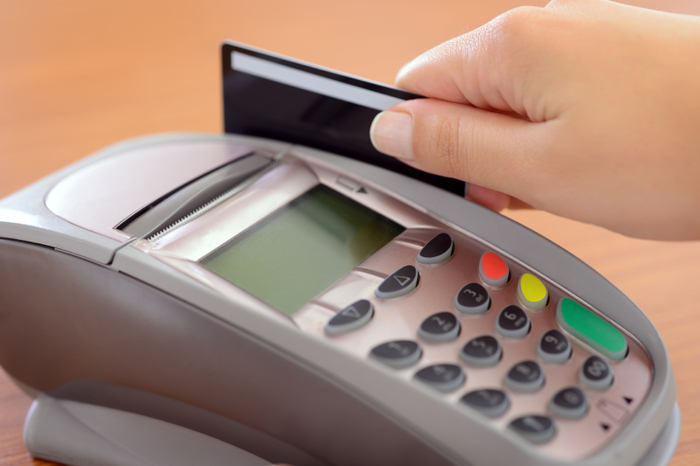1. Simple Tips to Help You Save More Money
“Coffee is expensive no matter whether you prepare it at home or buy it from a cafe. Although a pound of coffee can cost around $10, depending on how fancy you like your beans and where in the country you live, buying a coffee drink from a cafe will always cost more.
“A fancy latte from a chain or privately owned coffee shop can cost between $4 and $5 per cup. If you buy just one latte a day, five days a week, you’ll end up spending more than $1,000 per year, just on beverages.”
–$1,000 a year is quite a lot of pocket change, especially when you realize it’s only spent on one drink a day! Instead of wasting your money on that morning/afternoon/late night caffeine fix, buy a coffee maker and force yourself to make coffee at home.
2. Take Your Time When Shopping Online
“When you shop online, there are hundreds of sites competing for your business. Buy those shoes at the first site you go to and you may be wasting money. Compare the purchase and shipping price at three or more sites before you buy anything. “
–One of the greatest things about online shopping (besides the free shipping discounts) is your ability to compare a hundred different prices at once. Take your time, shop around. You never know if you’ll find the same item at a much lower price.
3. Always Question Your Purchases
“We’re likely to spend money on something we don’t need if we get what we think is a good deal and assume the item might be handy at some point. Stumped on whether it’s worth the cash? Ask yourself two questions: Does it serve a real purpose? Do I have somewhere to keep it?”
–Good rule of thumb. I recently wrote about the two-week rule (take a look here). The two-week rule is simple: you see something you want but instead of buying it immediately you make yourself wait 2 weeks. If after two weeks you still want to buy something (and you know it’s within your budget), go for it.
4. Don’t Fall Victim to the Allure of a Bargain
“Retailers so understand that people want a deal that an entire Groupon-inspired industry has spawned from this, and outlets even create fake markdowns on their price tags. This will require a mind of steel, but you must train yourself to ignore the base price and focus only on the offered price. Your only considerations should be: (1) Whether you really need it, and (2) whether the price fits within your budget. Even big discounts can mean big spending.”
–Just because something is half off doesn’t mean you need to buy it. In fact, a lot of stores purposely advertise their clothes as being half off when, in fact, the marked down price is the actual MSRP price.
5. Impulsive Purchases Add Up – Fast
“A recent British study found that men spent the equivalent of about $40 a week on impulse buys; women, $30. For a couple, that’s $3,640 a year that you weren’t counting on spending. A good way to keep yourself in line is simply to carry a set amount of cash that you can blow and keep credit cards at home.”
–How much money are you throwing away on impulsive purchases? A dollar here and a dollar there may not seem like much at the time, but those little expenses can easily add up. Though we’ve mentioned–in detail–the importance of sticking to cash when you’re shopping, it’s worth mentioning again. Cash may be an obsolete means of tender these days but having that tangible of amount of money in your pocket will help you stick to a budget, which will in turn help you stay well within your spending limit.
Do you constantly find yourself spending more than you’d like on everyday expenses? How are you finding clever ways to save? Let us know in the comments section below.

